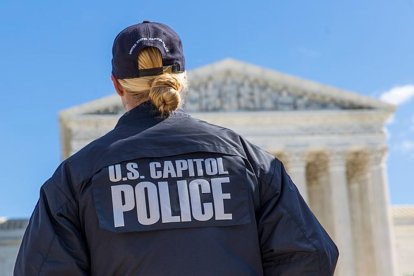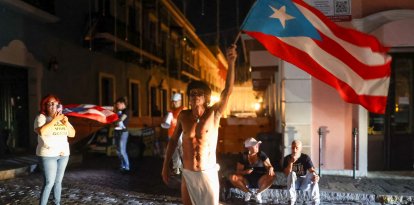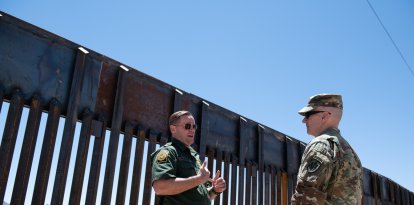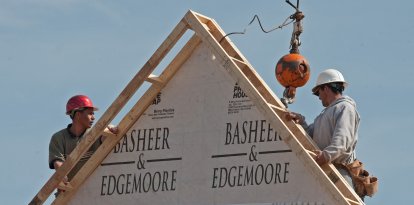Capitol Police find bag of cocaine at their Washington headquarters months after a similar discovery at the White House
An officer found the drugs in the middle of the floor in an area intended for storing furniture and supplies.

(Lorie Shaull / Wikimedia Commons)
This Wednesday, the United States Capitol Police (USCP) made public the discovery of a small bag of cocaine inside its facilities, thus triggering an investigation into the incident.
According to the statement issued through the USCP website, the drug was found by an officer "in the middle of the floor," shortly before 1:00 p.m., in an area used for the storage of furniture and supplies, which is "heavily trafficked" by employees and contractors. Initially, it was only known that the bag contained a white powder, but after informing the supervisor and analyzing the substance, it was confirmed that it was cocaine.
“The USCP Investigations Division has opened an investigation, which will include further testing, including DNA testing of the baggie,” the statement said.
This is not the first episode of its kind in the Washington, D.C., government environment. Last July, the Secret Service discovered cocaine in the White House. Although President Joe Biden was not at the residence at the time, the discovery raised concerns, as the bag was found in a high-traffic area, near the area where visitors are asked to leave their cell phones during certain tours through the West Wing.
Despite the relevance of the discovery, the investigation was closed without identifying a suspect. The Secret Service argued that the lack of physical evidence made it difficult to determine a person of interest among the hundreds of people who passed through the lobby where the cocaine was found.
However, Charles Marino, a former Secret Service supervisory special agent, subsequently criticized the handling of the case and expressed bewilderment at the lack of progress.
Considering the extreme security of the president's residence and the skill of Secret Service agents, Marino suggested that the lack of results could be indicative of political influences that hindered further investigation.
RECOMMENDATION





















